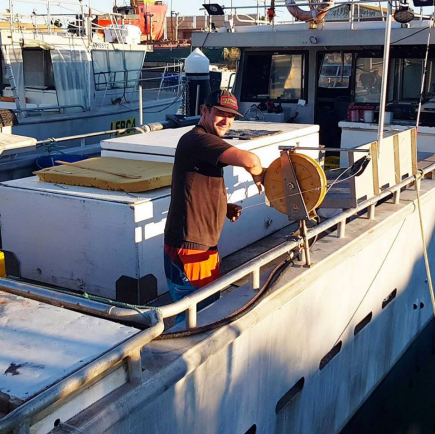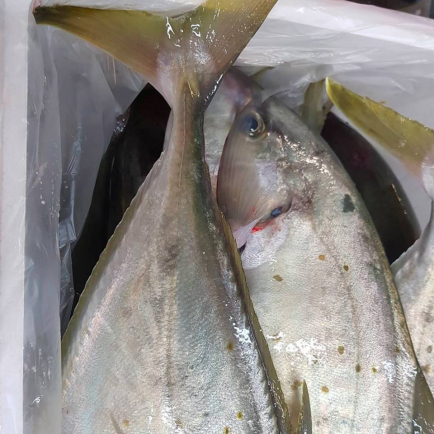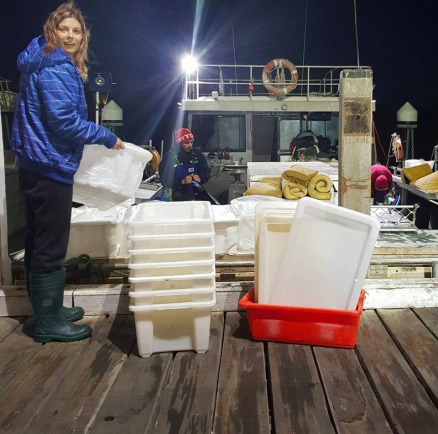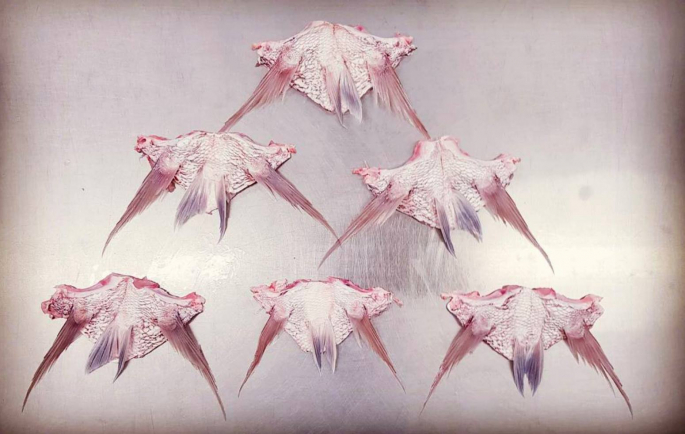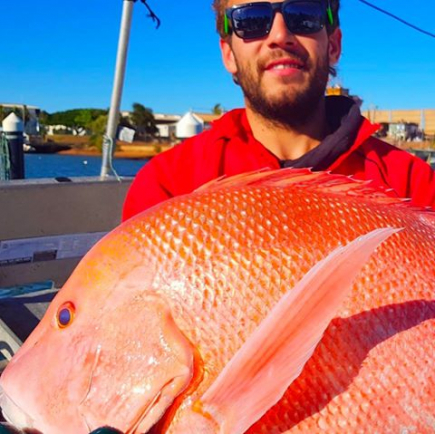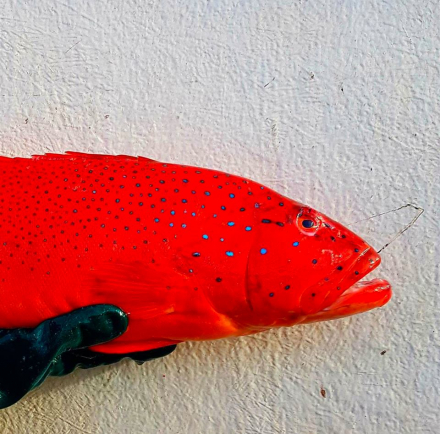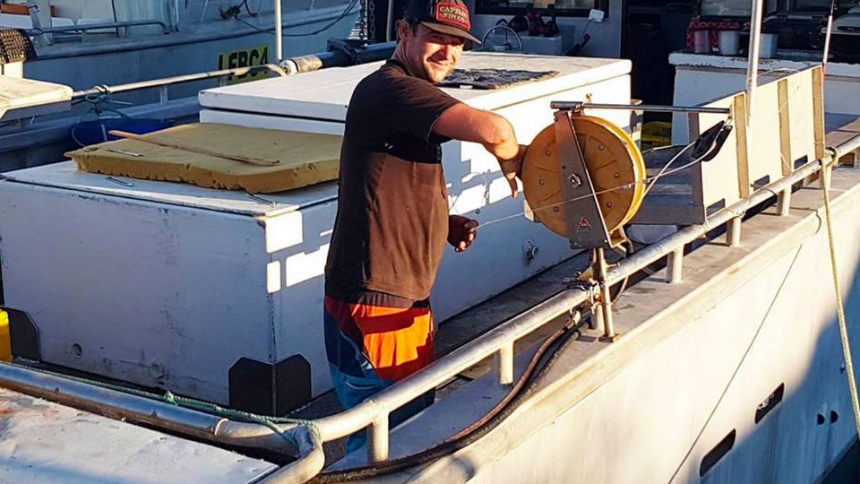
When Peter was growing up, everyone thought he’d become a doctor or lawyer but he had his eyes firmly on the water — or under water.
“Scuba diving was a fairly unknown recreational activity when I got into it,” he explains. “Myself and a friend went to Tasmania for the National Scuba Championships. We won a lot of the events, got sponsored by a range of companies, and travelled the WA coastline making a film.”
The mates also taught diving along the coast, from Esperance to Shark Bay and Exmouth and it’s where he met the people who would set the course for his future career.
“A lot of people from the fishing industry joined the courses,” Peter says. “After my 12-month sponsorships ended, I started trawling for prawns in Exmouth, working for MG Kailis. I remember being struck by the abundance of crabs. The numbers were massive; they were just everywhere.”
Peter spent $15,000 on his first fishing boat and started shark fishing out of Fremantle. He spent years working in different fisheries in various coastal locations, before moving to Carnarvon with his wife, Sandy, in 1998.
“It took about three years to convince the authorities to allow crab fishing in Shark Bay,” Peter says. “About 25 licences had previously been issued and all had failed, so they were hesitant to issue another. Today, the Shark Bay crab fishery is the largest in Australia.”
“It’s the last Wild West industry in the country. There’s so much that’s not plotted and planned. Fishing is still defining itself, so you can be a part of the birth of what it becomes; to me that’s what’s exciting.”
Peter and Sandy’s two sons have since joined Abacus Fisheries. Nicknamed Seek and Destroy, they drive the boats that return to port at 11.30am each day, so the haul can be processed.
An environmentalist at heart, Peter loves that he gets to operate in Shark Bay’s pristine waters.
“Shark Bay has an amazing array of seafood variety, and the largest seagrass beds in the world. There’s only a small number of locations in the world that meet all four natural criteria for a World Heritage Area listing, and Shark Bay is one of them,” he says.
“A businessmen once said to me ‘Don’t worry about selling crabs, sell the region’, and it’s true — it has been a sensational marketing tool.”
